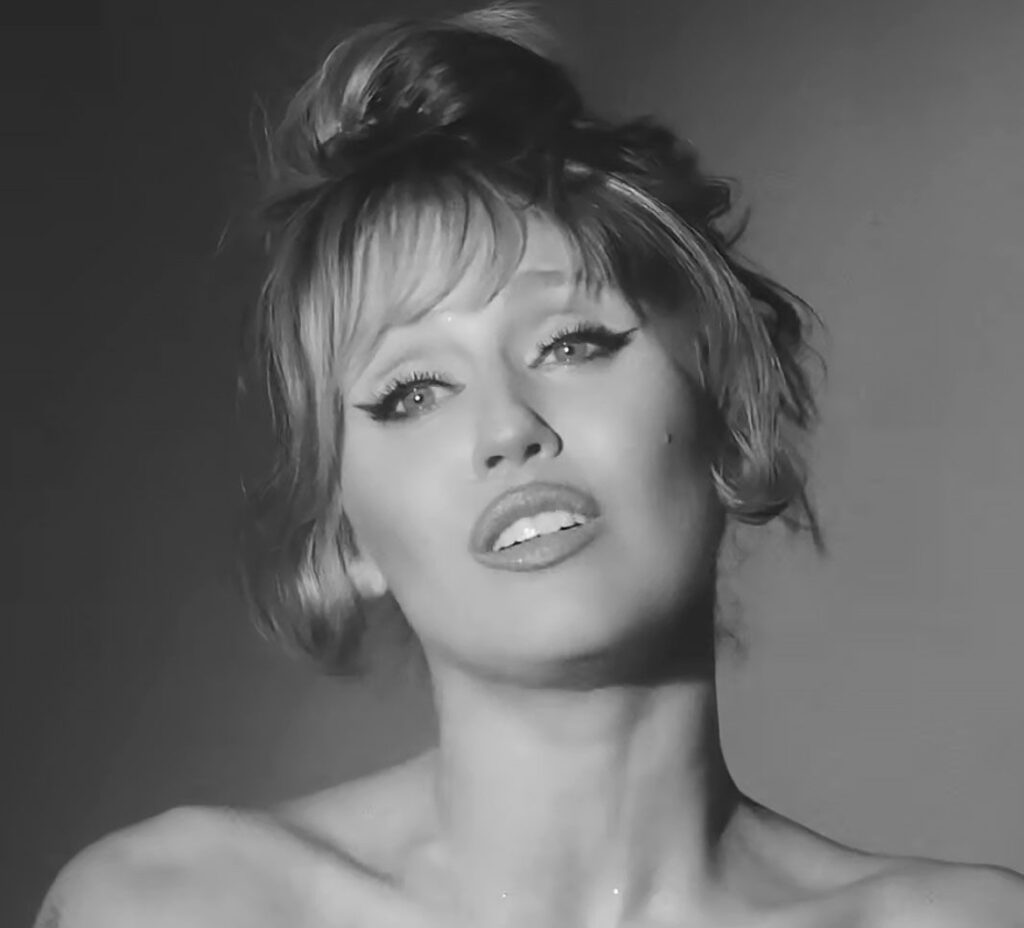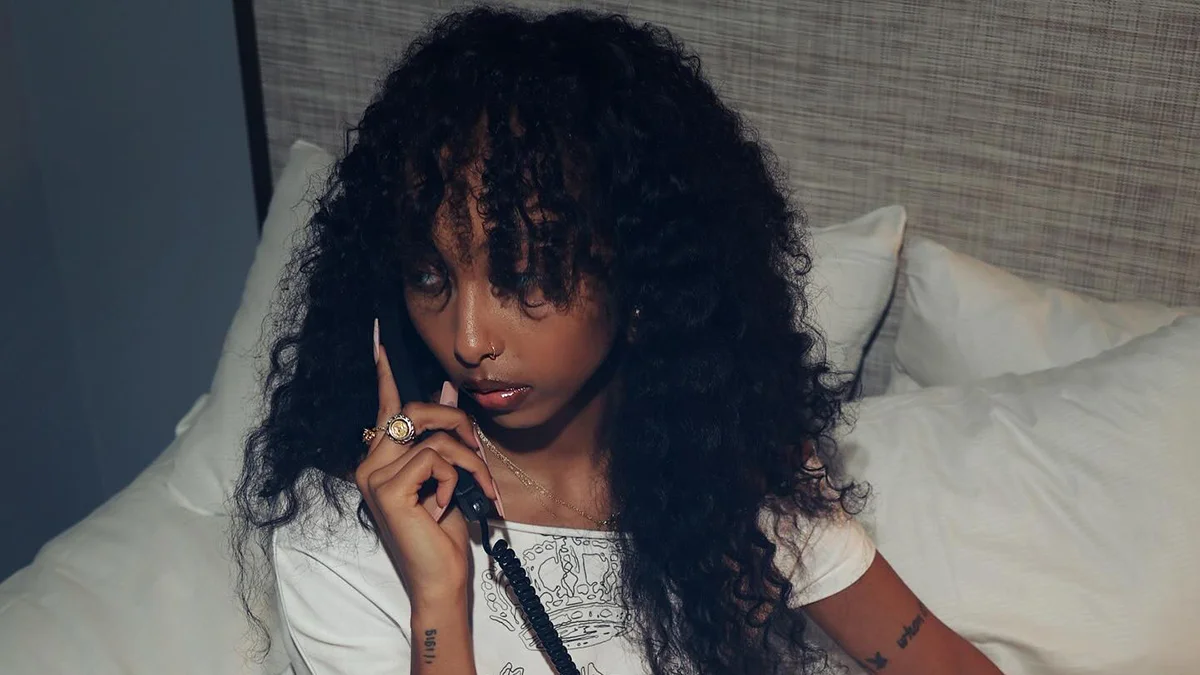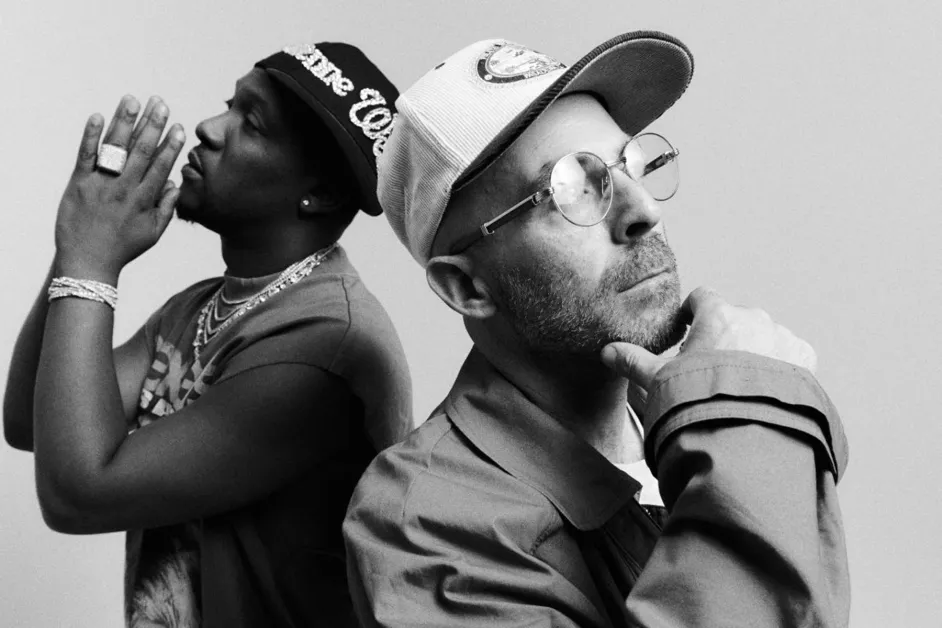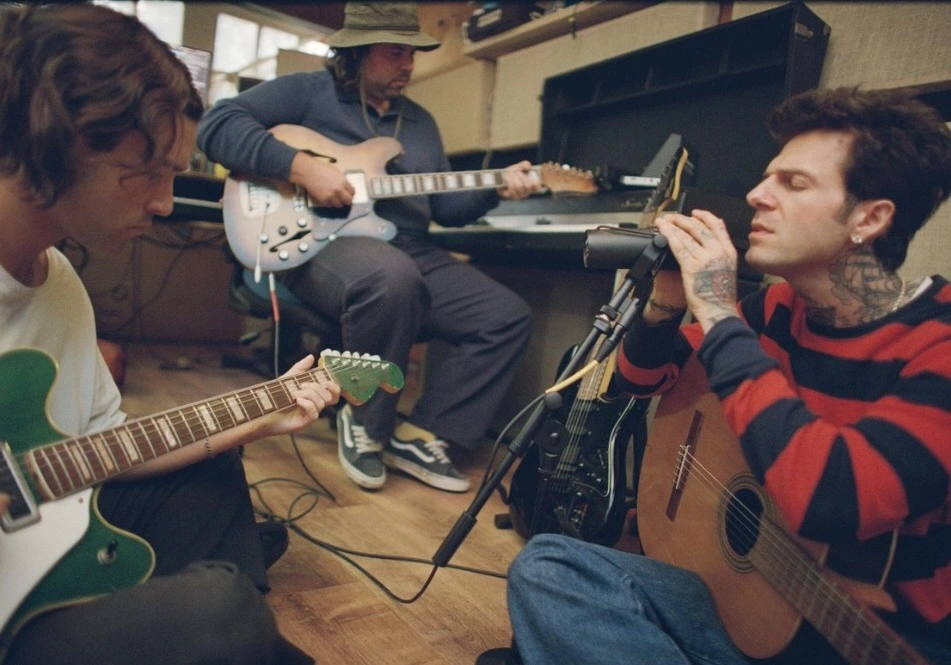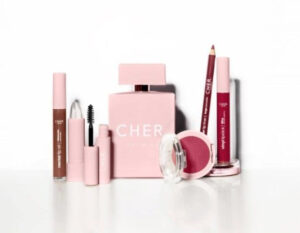In the realm of pop stardom, few figures are as complicated, as chameleonic, and as consequential as Miley Cyrus. From her Disney Channel genesis to her recent reinvention as a rock-tinged powerhouse, Cyrus has walked the tightrope between spectacle and sincerity for nearly two decades. But beneath the wigs, wrecking balls, and genre-defying albums lies something more enduring than shock value—a voice, not just musical, but emotional and human. And if her recent work suggests anything, it’s this: Miley Cyrus has more to lose now than ever before, and that vulnerability has made her music all the more potent.
When Cyrus released Endless Summer Vacation in 2023, she wasn’t swinging from chandeliers or twerking onstage in latex. Instead, she gave us “Flowers,” a song that quietly redefined pop heartbreak, positioning self-love as a radical act of recovery. It was a masterstroke not because it was loud, but because it was controlled—melancholic, steady, assured. In a world where breakup anthems often lean on bitterness or bravado, “Flowers” leaned on resilience. And in doing so, it revealed a new dimension of Miley: a woman who no longer has to burn everything down to be heard.
This evolution didn’t happen overnight. From Bangerz to Plastic Hearts, Cyrus has long wrestled with image and authenticity. She has made reinvention a calling card, but also a defense mechanism. Her voice—raspy, wounded, and ragged in the best ways—has always betrayed a deeper emotional register than her headlines suggested. On Younger Now, she leaned into country-tinged ballads. On Plastic Hearts, she embraced glam rock’s drama. But it’s in the quieter moments, stripped of genre theatrics, where Cyrus feels most herself. That’s where the stakes rise. That’s where she has more to lose.
Because what does it mean, really, to have “more to lose”? For Miley Cyrus, it’s not about chart position or album sales anymore. It’s about credibility. Longevity. Artistic legacy. At 31, she’s no longer the teen queen trying to shake off Hannah Montana. She’s not the tabloid rebel either. She’s a grown woman with a storied discography, a complex emotional history, and—most importantly—a point of view. In a musical landscape that so often rewards predictability, Cyrus’s refusal to settle into a single lane has made her an unlikely traditionalist: one who values the album as a format, the song as a story, the voice as a vessel of feeling.
Her latest releases suggest a quieter intensity, an internalized kind of rebellion. Whether it’s the acoustic resonance of “Used To Be Young” or the unfiltered grief laced through her live covers, there’s a new confidence in Miley’s restraint. It’s the kind of creative maturity that comes not from age, but from consequence—knowing that every word matters more when you finally have something to protect.
That is the paradox at the heart of her current arc. Miley Cyrus once performed as if she had nothing to lose. Now, she performs like someone who understands what’s at stake: reputation, artistry, identity. And that makes the work sharper, deeper, more deliberate. She no longer sings to prove something. She sings because the song itself is proof.
In this chapter, Miley Cyrus isn’t just surviving fame—she’s wielding it. With more to lose, she’s finally creating music that truly means something. And that’s what makes her more powerful than ever.
No comments yet.

